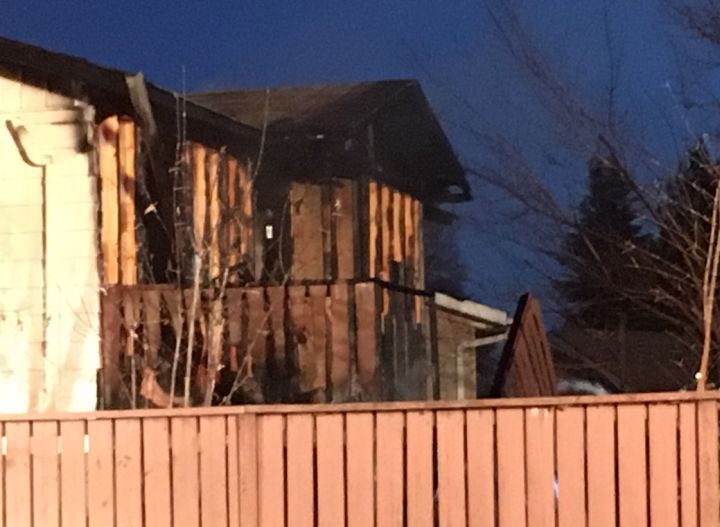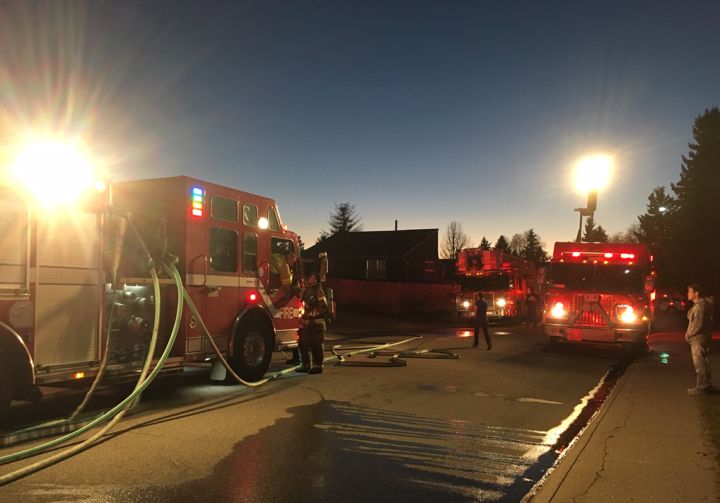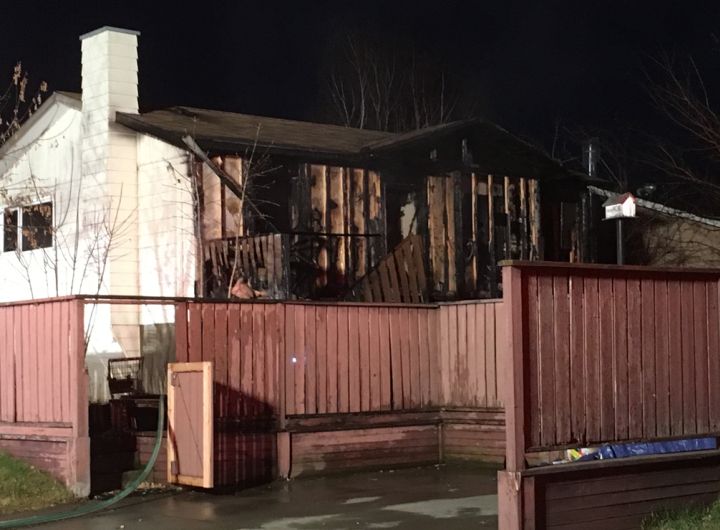Having a fire at your home is one thing. Suddenly getting a bill from the city for more than $12,000 is another.

Edmonton City Council has asked administration to review the bylaw that covers the work the fire department does, after Woytek Stachowski received an invoice following an Oct. 25, 2018 house fire in the Sakaw neighbourhood in southeast Edmonton.
“There are two different things,” Stachowski fumed Thursday in a phone interview. “One, why we need to pay. And second, how they charge us.
“They sent me blank piece of paper, pay me $12,000.
“This was very unprofessionally done.”
What Stachowski is steamed about was the listing of 23 items on the invoice, many involving the cleanup after the fire.
“They just sent me blank invoice with all those items and asked to pay $12,000. Then after I called them, they make a correction and send me invoice with my name and address.”
Also sent to Stachowski by the department was the fire bylaw’s “Schedule C,” which includes things like false alarms and handling of hazardous materials.
“We’re not talking about hazardous waste or something like that that they discovered on site that shouldn’t be there,” Councillor Mike Nickel said after tabling his motion to have the fire bylaw reviewed.

Get daily National news
“This is just an ordinary house that burnt down.”
Watch below: A family escaped a house fire in southeast Edmonton in October 2018

The fire department said it had to deal with “the removal of cellulose fiber insulation,” according to a subsequent letter sent to Stachowski by Deputy Fire Chief of Public Safety Russell Croome.
It justified the move, “to reduce the risk of secondary fires caused by embers concealed by the insulation, and in this case the removal was necessary as determined by the on scene Fire Command.”
In a statement to Global News, the fire department said a contractor was required to remove the insulation.
“Unfortunately, the landlord/homeowner’s insurance company has chosen not to cover the associated costs,” the statement reads.
Stachowski’s insurance is only covering $1,500 of the $12,000 bill. He said he had that specific type of insulation installed in his home because it’s environmentally friendly and safe. It’s a product produced by Can-Cell Industries, which recycles newsprint to make the insulation.
Karl Tiemstra, Can-Cell’s vice-president of operations, said the insulation is made so fire doesn’t spread as quickly, although more needs to happen to snuff it out.
“It takes more to put the fire out, but generally when that happens the house would last much longer in a fire and there would be more to save on the house.”
A report to city council should be back in two to three months. Until then, the $12,000 charge is on hold.












Is the fire department not funded by the city?